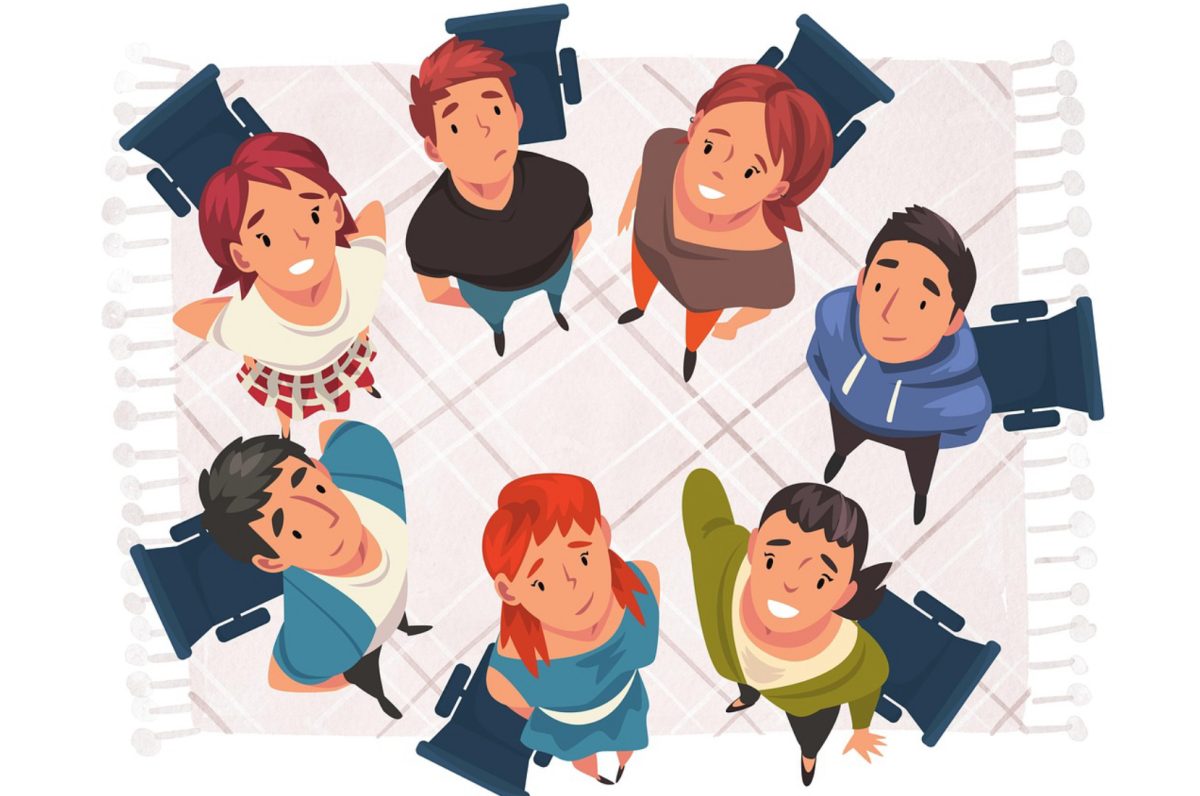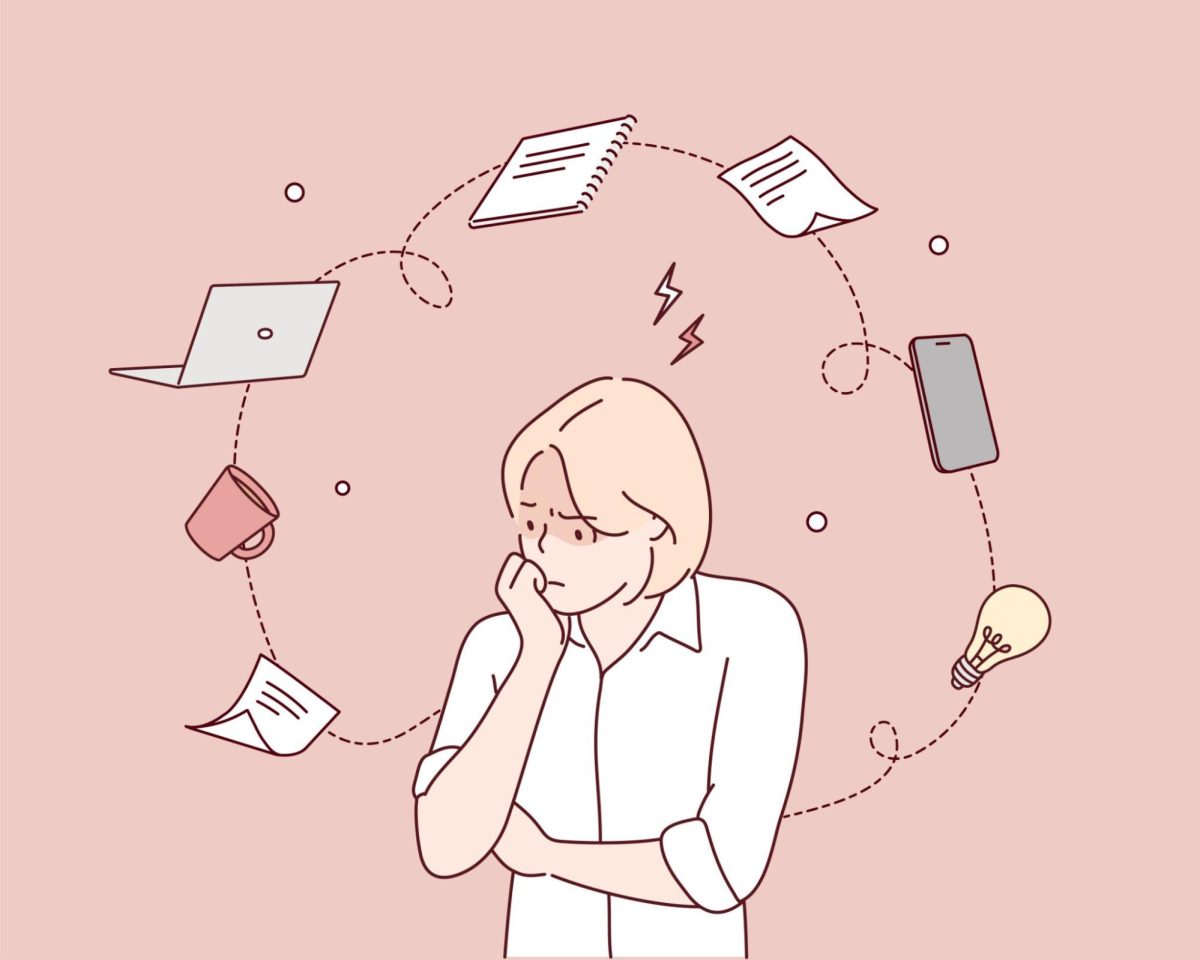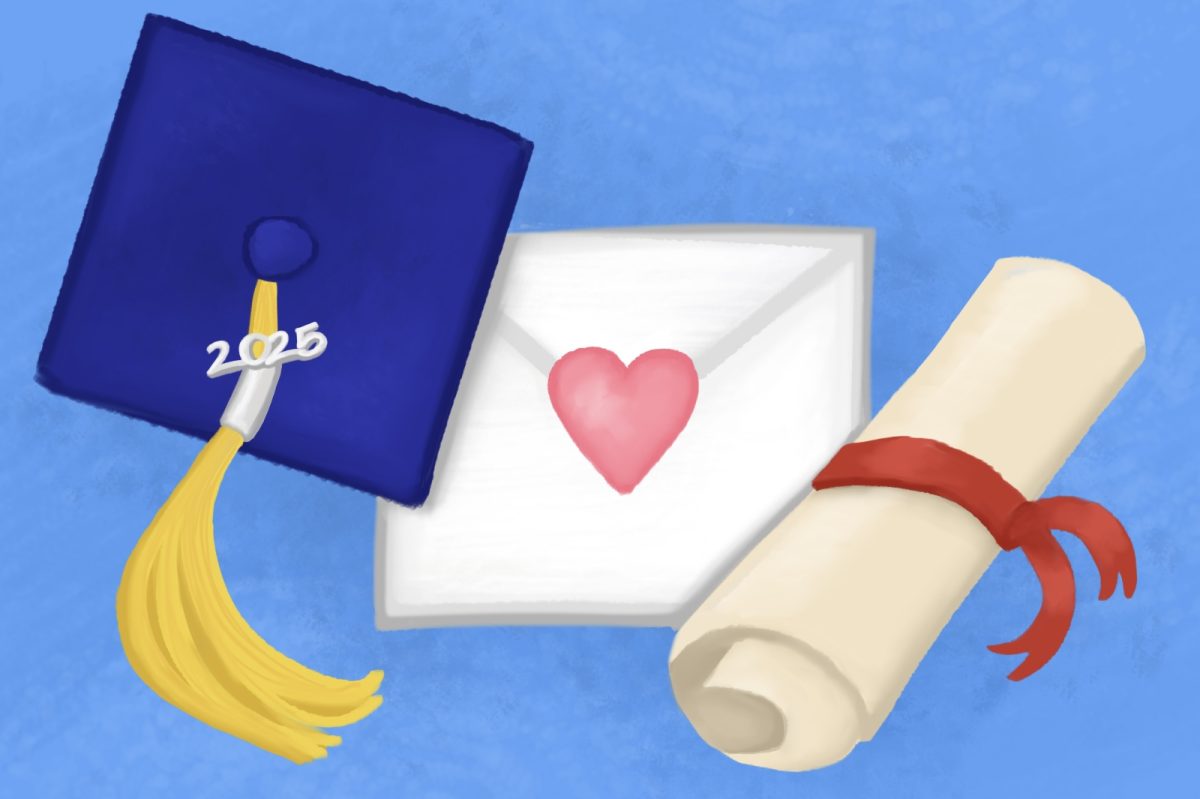Last year, I read Tara Westover’s memoir Educated. Reflecting on her personal development, Westover draws parallels between her hometown and her college life, conveying the distinct differences between her survivalist, conservative parents and the progressive, liberal environment of academia. Upon entering college, Westover realized the limitations of her parents’ ideologies, enabling her to access wider truths and gain new understandings. After reading her story of self-discovery, I realized that education is not solely for academic pursuits but also for fostering diverse discussions. Like many students, I once perceived education as a stepping stone to success, but I recently adopted an alternative mindset: education is an opportunity to advance our personal growth and engage with others to form new perspectives.
In a world of polarizing media and rising national disputes, education is imperative for distinguishing facts from misinformation and developing informed perspectives. Most teens rely on those around them—parents, teachers, and peers—to stay informed, which shapes their understanding of the issues that affect their daily lives. “The Department of Education shut down.” “DEI programs ended.” “Our world is falling apart??” With this limited insight, we form vague assessments of valuable information. With simplistic understandings, we struggle to engage in meaningful discussion and critically analyze information. Therefore, like Westover, we must lean into conversations with an open mind, conduct rigorous research, and learn about current events to gain a broader perspective.
Our classrooms are a great place to start diving underneath surface-level material and participating in difficult discussions. Those who take AP Government are challenged to read legal documents and news articles to formulate specific opinions. From presidential tweets to abortion rights, we are constantly encouraged to choose a side, using our moral principles and current understandings to argue in intellectual debates. When I initially participated in these conversations, I struggled to craft an argument. It was difficult for me to synthesize the information and take a strong stance on an issue that I just learned about. However, by engaging with others who have different values and beliefs, I gained a new interpretation while comparing it to my preexisting knowledge.
With contentious topics, such as the principle of free speech, it is important to consider multiple perspectives before drawing a conclusion. Although one classmate may view speech as a personal right of expression, another may prefer to assess delivery and public impact. These slightly varied viewpoints reveal gaps that can be addressed through further questioning and exploration of facts beyond the media. Similarly, we often focus on memorizing definitions or test material rather than gaining a deeper understanding of our classes. As a result, our knowledge becomes obsolete when we are unable to dissect the alternative meanings of a particular topic or identify missing information. Our conversations with peers and teachers expose us to contrasting viewpoints, enabling us to compare converging ideas as well as diverging perspectives.
This discussion dynamic transcends the classroom setting, enabling us to engage with individuals of varying ethnic and socioeconomic backgrounds to discover new ideas. Whether it is a knowledgeable teacher or professional who can share their insight or a classmate with a different background who can share their experiences, we can leverage their perspective to develop alternative perceptions. Remember that every discussion is not an opportunity for argument but an invitation to share differing ideas. When considering different viewpoints, our goal is to listen to others’ thoughts, taking in their line of reasoning before developing a rebuttal or rejecting their opinion completely.
Instead of taking random stances on issues or using minimal information to affirm contentious arguments, I implore you to engage in conversations to educate yourselves beyond what you already know. In this way, we can become the person that understands the nuances of every situation, contributing to a more respectful, level-headed generation.









